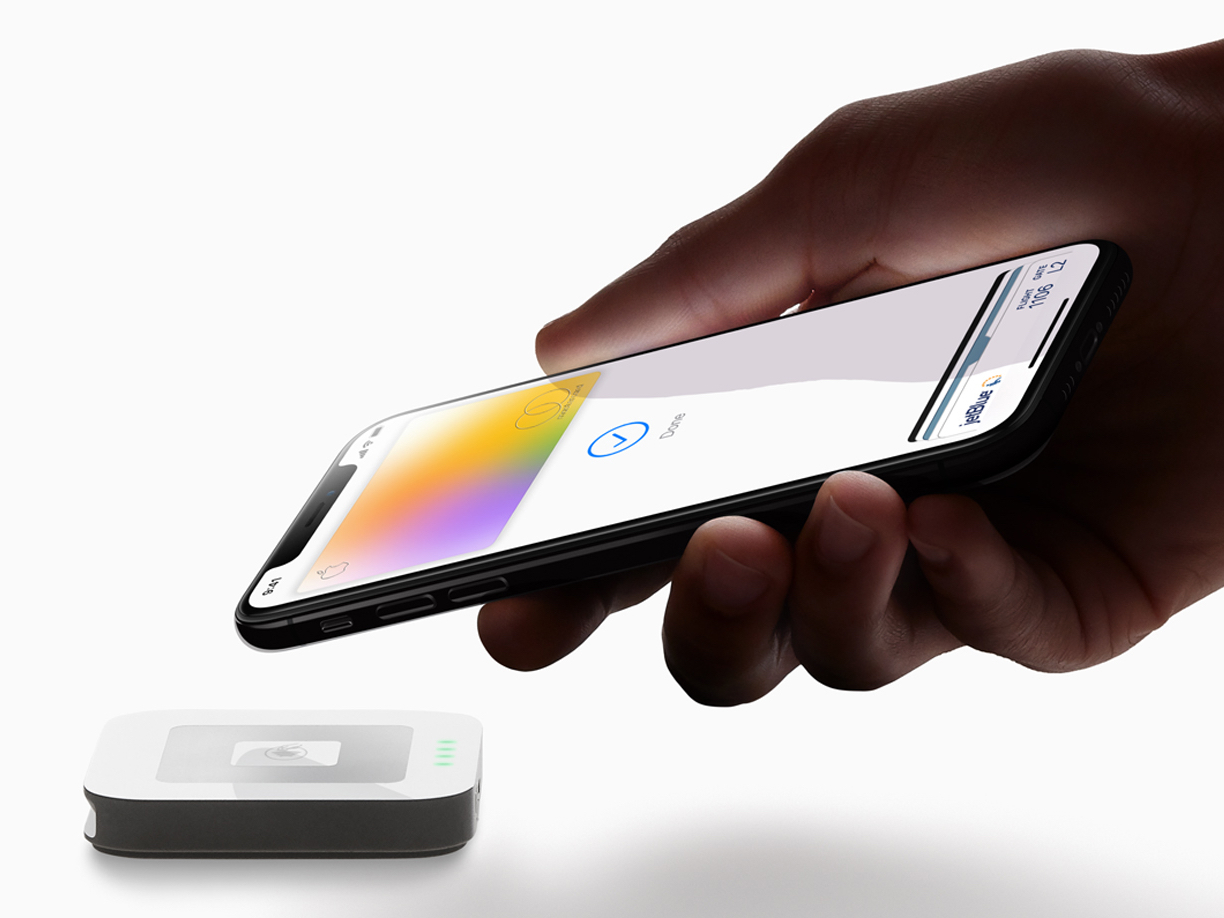Retailers are paying a premium for you to use your Apple Card

What you need to know
- Apple Card has highlighted another issue with the credit card industry: interchange fees.
- The card is apparently classified as "elite", which costs more for retailers upon use.
- Merchants are in a years-long battle with card networks to stave off these high-fee cards.
When you use your Apple Card at a retailer, they pay what is called an "interchange fee" to Goldman Sachs and Mastercard in order to accept the card. According to Bloomberg, those fees are starting to weigh on merchants. In a new report, retailers are apparently starting to push back again "elite" credit cards such as Apple Card in an attempt to stave off cuts into their profits.
Because Apple Card is labeled an "elite" credit card, it is able to charge higher interchange fees than lower rewarding credit cards. These fees are covered by the retailer, not the consumer, and these card's more lucrative rewards programs are causing significant issues with the retailer's margins.
A grocer can lose more than half its profit on a sale when someone pays with an Apple Card, or one of its elite competitors, rather than a normal card.
Card networks like Mastercard and Visa justify the higher interchange fees because they claim that customers with these "elite" credit cards spend more money. While this may be true in some categories, it does not hold up in certain industries where margins are already razor-thin. Grocery stores are an example that Bloomberg points out.
Take a $100 purchase at a supermarket, where profit margins are already thin. If a customer uses a traditional Visa card, the merchant would owe the issuing bank $1.27 in swipe fees. If the cardholder carries plastic branded with Visa Signature, the fee would rise to $1.75. That fee is then divvied up among the network, the payment processor, and the issuing bank.
It is this issue that has led some retailers to take drastic actions in order to protect their business. Kroger, the supermarket company, banned Visa credit cards in certain areas last year because of the premium fees that came along with customers' premium credit cards. Visa cards have since been added again for acceptance, but not until "after months of negotiations with the network." The tension between retailers, banks, and card networks has erupted into lawsuits that have gone on for years.
Large merchants and Visa and Mastercard are still embroiled in negotiations over litigation that started in 2005, when retailers sued the networks, saying they violated antitrust laws by inflating swipe fees. While some merchants settled the case in a record settlement announced last year—Visa and Mastercard admitted no wrongdoing—a separate class of retailers are still fighting for changes to the networks' rules, including those that require stores to honor all of a brand's credit cards.
If retailers were able to get these rules changed, it could mean that a merchant could accept specific Visa or Mastercard credit cards instead of having to accept anything and everything with a Visa or Mastercard logo on it. While this would for sure help merchants, it could start a wave of confusion for consumers who could find a number of the cards in their wallet useless if a merchant chose not to accept it.
While the report does not detail the impact that Apple Card has had on this issue, it is safe to say that its popularity has brought to light yet another dark side of the credit card industry.
Master your iPhone in minutes
iMore offers spot-on advice and guidance from our team of experts, with decades of Apple device experience to lean on. Learn more with iMore!

Joe Wituschek is a Contributor at iMore. With over ten years in the technology industry, one of them being at Apple, Joe now covers the company for the website. In addition to covering breaking news, Joe also writes editorials and reviews for a range of products. He fell in love with Apple products when he got an iPod nano for Christmas almost twenty years ago. Despite being considered a "heavy" user, he has always preferred the consumer-focused products like the MacBook Air, iPad mini, and iPhone 13 mini. He will fight to the death to keep a mini iPhone in the lineup. In his free time, Joe enjoys video games, movies, photography, running, and basically everything outdoors.
